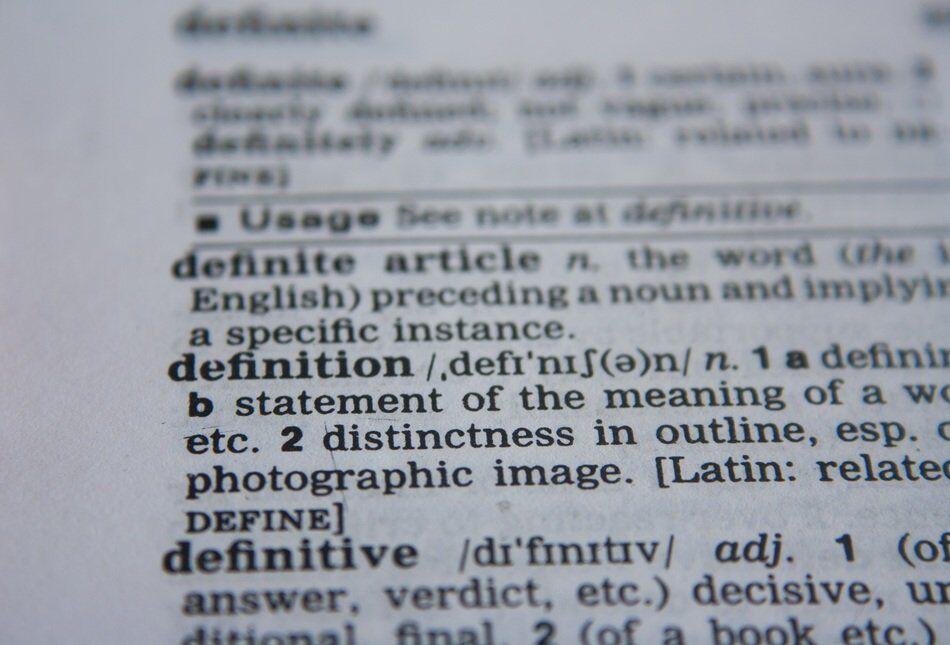“You want to be the teacher/ Don’t want to go to school/ Don’t want to do the dishes/ Just want to eat the food.” – Solange Knowles
This pandemic has given me an unhealthy amount of free time, and a lot of that time has gone to listening to podcasts. My favorite at the moment is NPR’s Code Switch, and recently I listened to an episode entitled “Hold Up! Time for An Explanatory Comma.” This episode was revelatory because it put a name to an issue that is always at the back of my mind. As a writer from a racial minority, they were so many things I could relate to in the podcast. It also gave me many flashbacks to conversations I have had while navigating the white world. It led me to question how much time should I dedicate to explaining or should I let people do the work of learning on their own or understanding from context.
The “explanatory comma” is the phrase used by the podcast to reference the pause a person takes to define an idea, word or person for an audience that may not be appropriately culturally educated. In the context of the episode, they talk about the balance people of color have to maintain as racial ambassadors in order to explain cultural references that are important to marginalized groups but virtually unknown to mainstream audiences (aka white people).
I understand the need for an explanatory comma. It is always good to reach as broad of an audience as possible. However, it is incredibly frustrating because of the imbalance of a world dominated by white supremacy. Whenever we finally get to tell our own stories, we still have to think about the white gaze because most of society sees the world through a white lens.
Many of the references we get are things dominant in white culture that everyone is assumed to understand. The frustration comes from the expectation that marginalized groups have to explain things to white people that people of color are already aware of. Whenever I see this happen in other mediums, I tend to lose interest because it is clear that I am not the audience this platform has in mind. It’s also extremely heartbreaking because I get excited when something my culture holds close in our hearts is finally getting attention on a major platform, only to be blindsided and reminded we were never the audience they had in mind.
For example, a previous Code Switch episode paid tribute to Tupac without explaining who the figure was. Some people were upset. A few listeners felt like they were looking in through the window and never got invited inside. These same listeners never thought that maybe it was on them to educate themselves on cultural references unknown to them. The assumption that they are always the target audience and should continuously be handheld in every conversation is extremely ignorant. Not only does it force an edited version of a conversation and remove the authenticity, but it reinforces the idea that those from marginalized backgrounds aren’t at the center of their own stories.
Another issue I have with the explanatory comma is that it minimizes figures or ideas that carry so much weight to a particular culture. The “explanatory comma” tends to be short and will therefore feel like a watered-down version of something so important. I am ashamed of once diminishing Outkast’s brilliance by describing them as the group that created the song “Hey Ya.” At the time, I did this to keep everyone updated in the conversation. In hindsight, why should everyone else be cast aside because some people didn’t do the necessary reading? The brief explanation I did completely took me out of the story and most likely did the same to people already familiar with those figures.
So what do I see as a solution? Let’s get rid of the explanatory comma. The main goal should always be authenticity rather than explanation. This is why I am completely in love with art that refuses to center its intention on the mainstream. Solange’s “A Seat At The Table” album, or television shows like “Desus and Mero”, “Atlanta” and “Insecure” are displays of art made for and by a particular community. Each contains references that are culturally relevant to the Black community and are unapologetic about it. Let those that are unfamiliar figure it out with context clues.
Another brilliant example is the mahjong scene from the movie “Crazy Rich Asians.” Imagine after such an intense scene, our main protagonist explains everything that just happened. It will completely disrupt the movie’s flow because providing training wheels for a culturally unaware audience betrays the relationship already built with its non-Western audience. The white gaze has had a good run being the center of attention, and especially in this day and age, people of color are tired of always being teachers of something that has information out there already.
It takes absolutely no effort to participate in your own education rather than rely on a particular individual to be the racial ambassador for you to explain everything. We have done enough unpaid labor in this country. Stop asking for more.
Ozioma Mgbahurike is an electrical engineering sophomore and opinion writer for The Battalion.





















